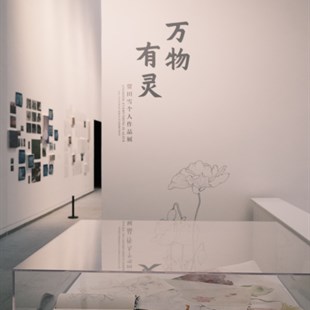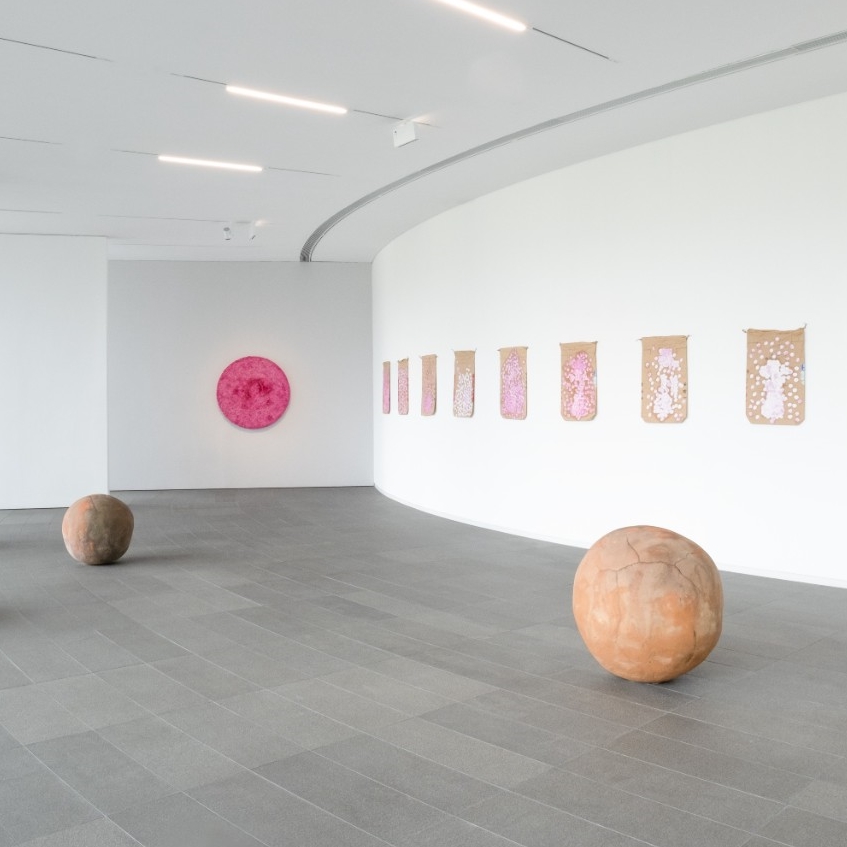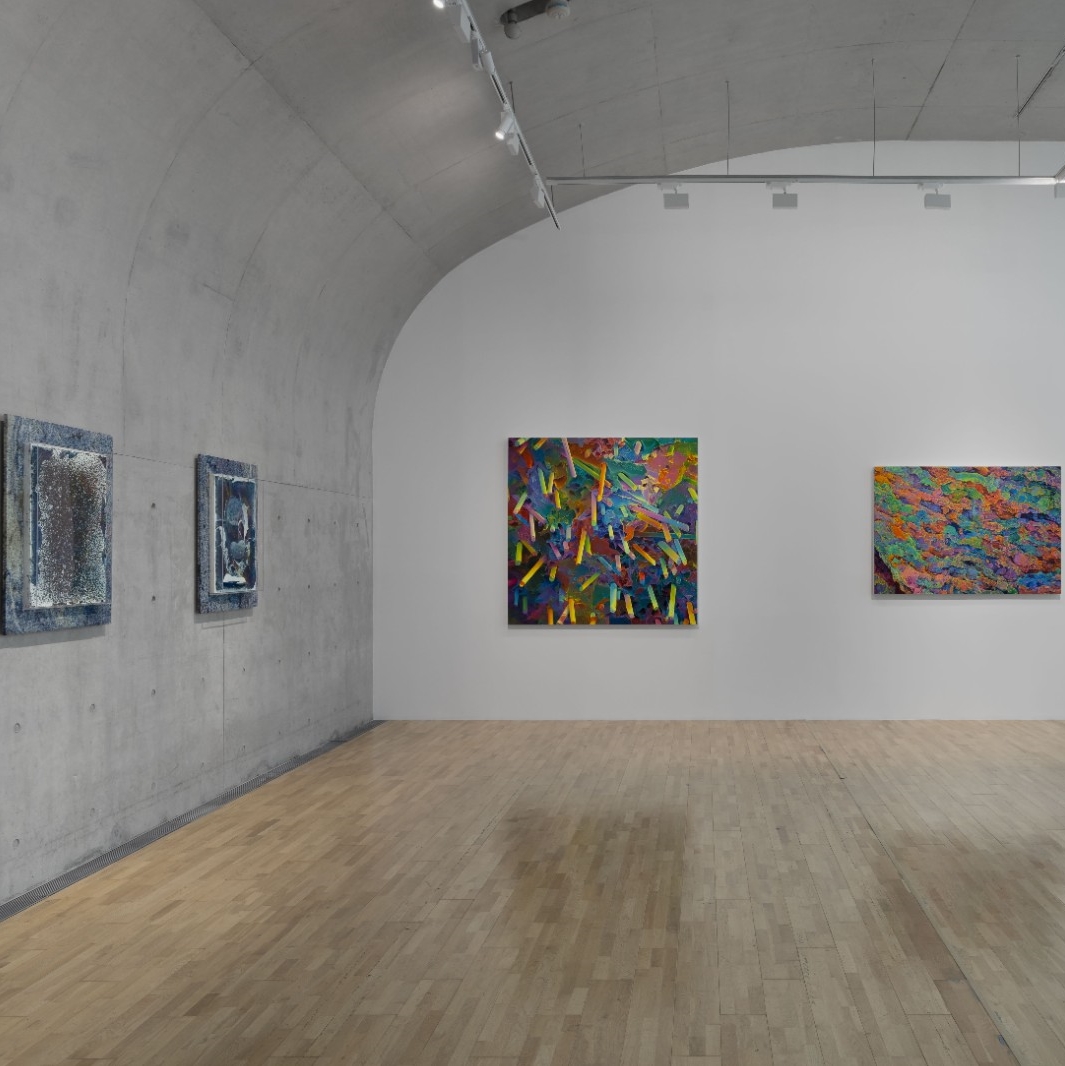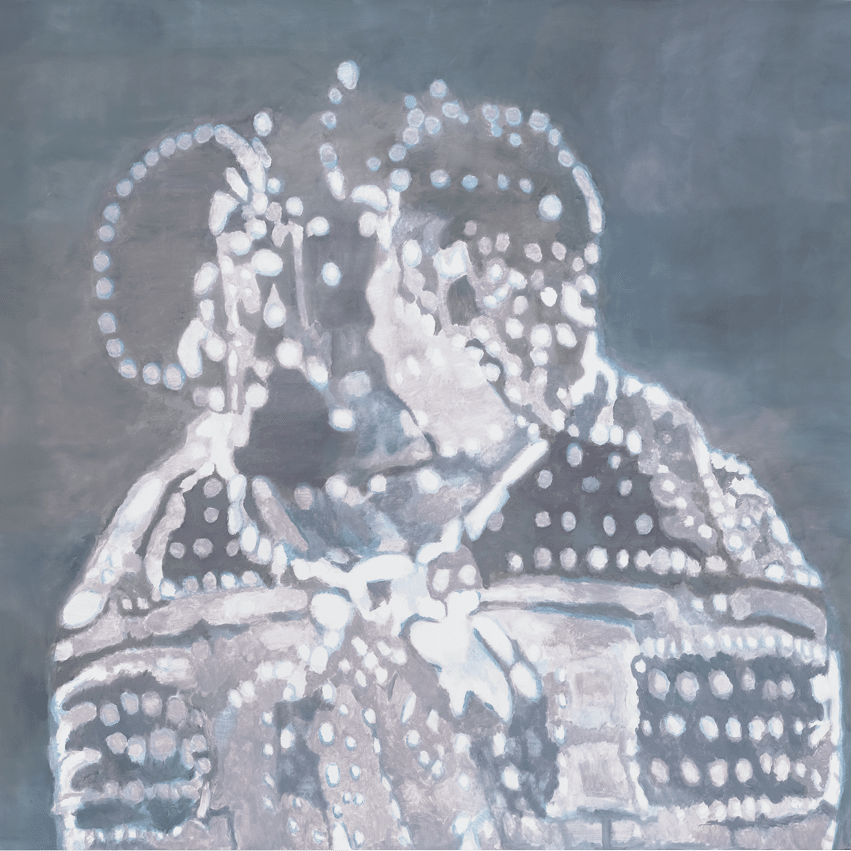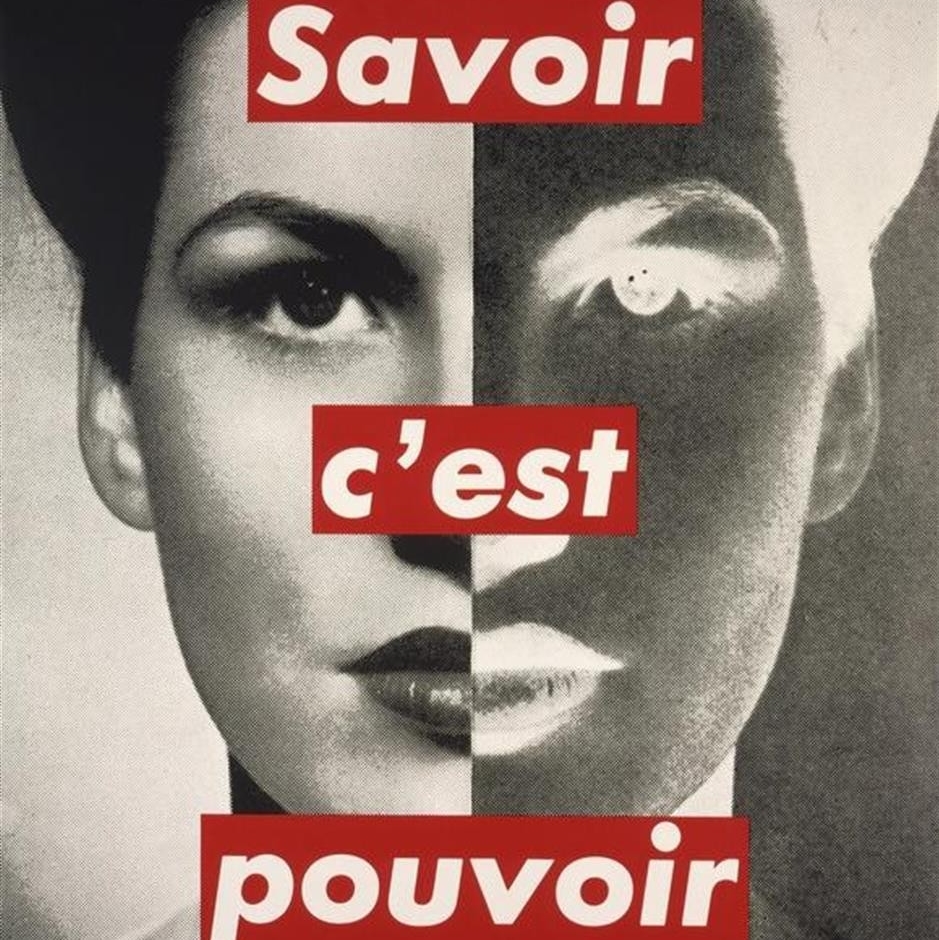Iberia Center for Contemporary Art in Beijing and the Shanghai Hymalayas Art Museum co-organize to present the new exhibition “Fly Through the Troposphere— Memo of the New Generation Painting”. Six young artists, Jia Aili, Li Qing, Qin Qi, Qiu Xiaofei, Tu Hongtao, and Wang Guangle, are presented in this exhibition, representing the future of Chinese painting. Through continuous hard works leading up to this exhibition, they have showed their capacity and potentials as China’s promising artists within the younger generation.
Many of the artists covered in this exhibition were born in the 1970s, often defined as the “floating generation” in domestic discourses. Their personal growths have accompanied the rapid social changes in the Chinese society, from the kind of socialism in the Mao era, to the post-totalitarian era of consumerism. Chinese society has gone through drastic changes in these decades, such as the development of commercialization, the explosion of information accompanied by the decreasing of humane concerns. The older generation of artists had more Idealism and heroism in them. They put emphasis on the criticism of the individual/society dichotomy. Comparing to them, this generation of younger artists had more intertwining and chaotic experiences when they grew up. They experienced confusion and split, and uncertainty of moral judgment as well as value judgment. Also, they are less recognized with entertainment and consumerism comparing to the even younger generations.
“Individualization” is the keyword that we often use to describe this group of artists. They no longer construct the sense of self with grand schemes of historical images or narrative. Rather, they adopt a personalized approach, a realistic experience that is microscopic and commonly found in everyday life. Moreover, they attempt to filter and penetrate the real-life materials with an artistic language residing more on the painting intrinsically. Their works display a fragmented and flattened character, not unlike the specific time and space they are in. They often focus on the complicated personal emotional and spiritual connections they had with the social changes and the historical memories of China, instead of witnessing and criticizing. As Qiu Xiaofei put it, “history has its ties with individuals” (besides the history in the collective sense), these artists emphasize the reconstruction of self on the psychological level. For them, the sense of “self” and identity is not a static point for spiritual doubts and social criticism; rather, it is an ever-changing entity, part of the ever-evolving reality. To them, the construction of an artwork is a process of self-relief, treatment, and re-discovery. In the meantime, being in a time of information explosion, they are able to interpret and analyze in synchronicity the Western art traditions from classicism to post-modernism, a rich source enabling them to search for and realize their own artistic voice and style, while being distinctively different from each other. Indeed, the only thing they have in common (that grouped them together in this exhibition) is the openness they’ve had in the process of their creative expression.
In the exhibition, we will present the works by these artists in various mediums, including text, sketch, videos, etc, as well as the documentation of their creative process. Through the six individualized cases, we examine the striking differences that they exhibit comparing to their predecessor artists of the previous generation. In addition, a documentary film by the same title, featuring the six artists, will be aired during the exhibition, directed by Yu Dapeng. Through all these means, hopefully we will have a more thorough understanding of the lives and works of these six artists.
Title:Fly Through the Troposphere- Memo of the New Generation Painting
Artists:Jia Aili, Li Qing, QinQi, Qiu Xiaofei, Tu Hongtao and Wang Guangle
Curator:Zhu Zhu
Open:25th June, 2011, 16:00
Date:2011.06.25 - 2011.08.27
Address:Iberia Center for Contemporary Art (E06, 798 Art Zone, 4 Jiuxianqiao Road, Chaoyang District, Beijing)


